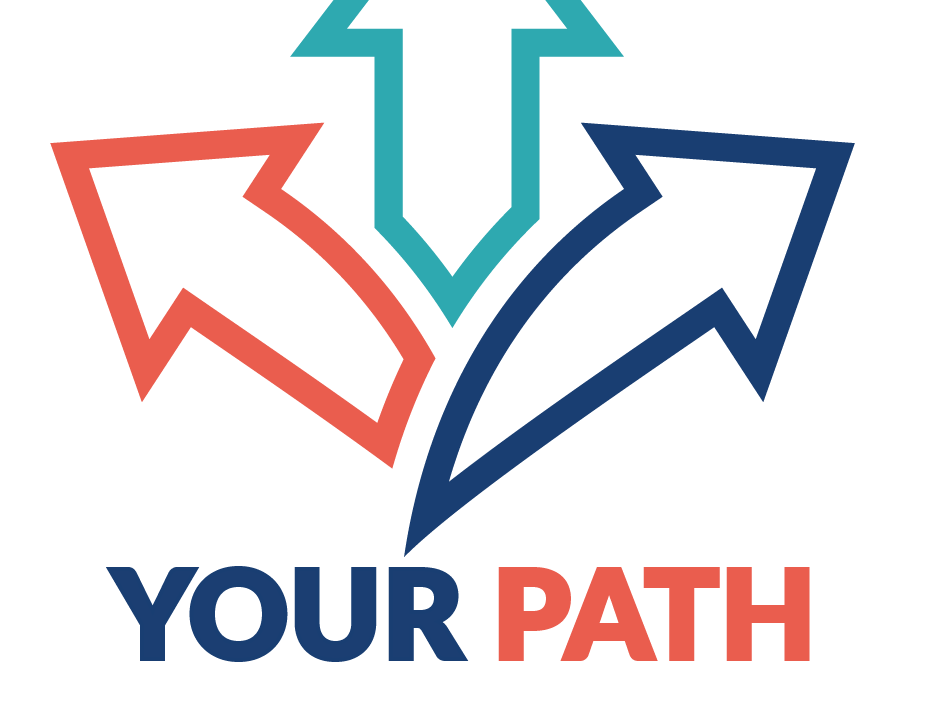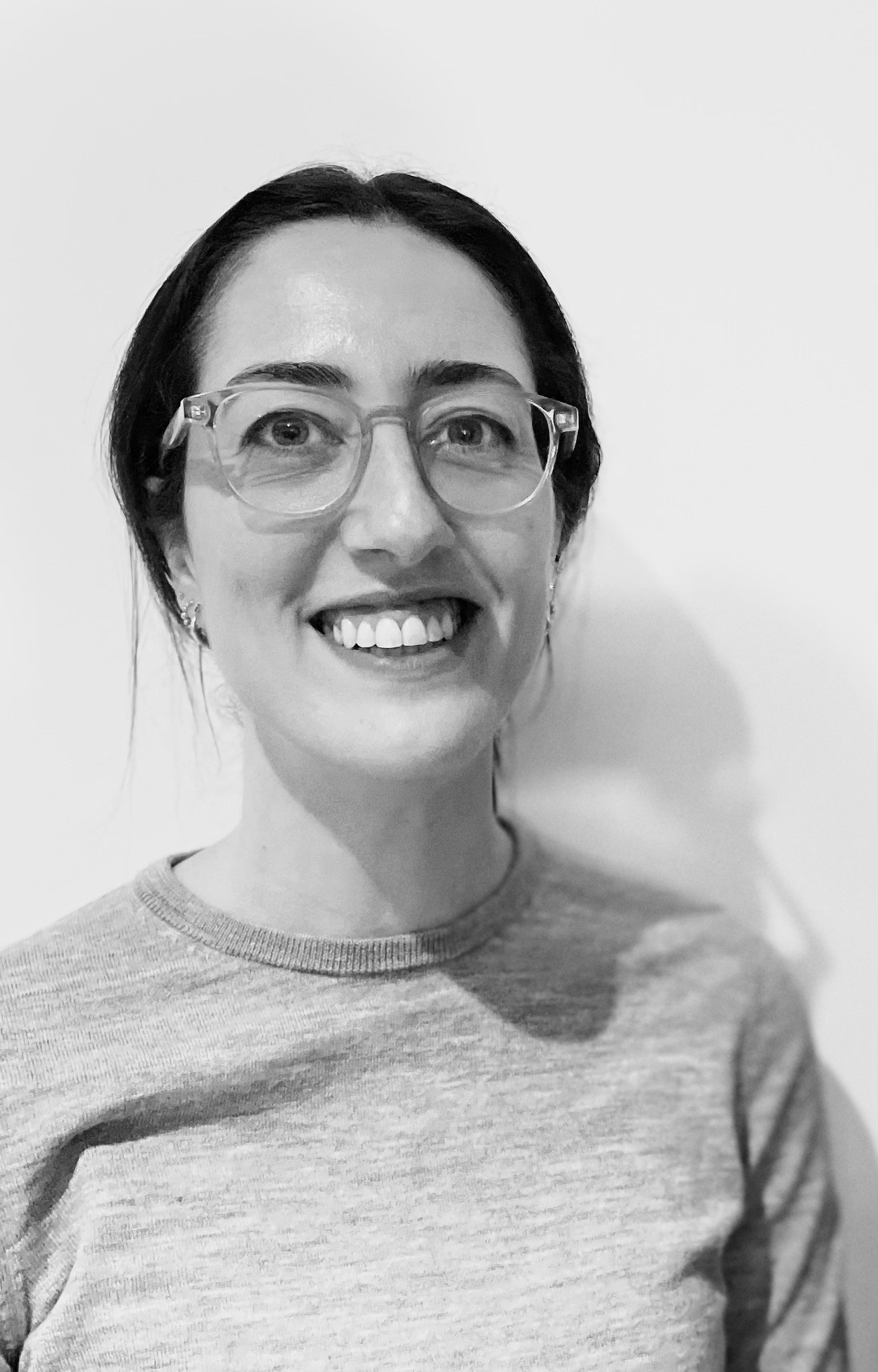Psychological Therapist Layla Mofrad shares her research story
Blog


Layla Mofrad is a Principal Psychological Therapist with Cumbria, Northumberland, Tyne and Wear (CNTW) NHS Foundation Trust, and one of our NIHR ARC North East and North Cumbria Practice Fellows.
Here, she shares her ‘Path in Research’ and some tips for practitioners thinking about taking their first steps in research.
Three words to describe your path in research
Unexpected, Uncertain, Exciting.
Tell us a bit about your background
I’m a social worker by background and completed further training to become a Cognitive Behaviour Therapist. I currently work at the Centre for Specialist Psychological Therapies offering Cognitive Behavioural Therapy (CBT) to people who have struggled to benefit from CBT or have complex needs that may not be met in other services.
What motivated you to get involved in research?
I’ve always been interested in service development and the development of CBT and thinking about how to make it better and more efficient. I’d done some academic writing but not had much formal research training. I saw that the NIHR ICA Clinical Academic Internship was advertised, and the criteria specifically said that people did not need significant research experience. I applied and was successful, and this was the first step in me realising that a clinical academic career that combined clinical and academic work could be possible.
Tell us about your research journey so far
I was awarded an NIHR ICA Clinical Academic Internship, to evaluate the ‘Making Friends with Uncertainty Group’ which is a transdiagnostic intervention focussing on experiences of uncertainty in anxiety disorders.
I was recently awarded a Practice Fellowship with the NIHR Applied Research Collaboration (ARC) North East and North Cumbria (NENC). This is one day a week for two years and will allow some further development and evaluation of the group, this time focussing on qualitative methods.
I also recently received an award from the NHS Trust I’m employed by (CNTW Researcher Development Grant) which I will use to fund further training in qualitative methods and also attendance at the British Association for Behavioural and Cognitive Psychotherapies (BABCP) 2023 conference – which is the national CBT conference with the aim of presenting my work to date and building my research network and profile.
Throughout this I have been mentored by Professor Mark Freeston from Newcastle University, and his input has been invaluable.
What are the next steps for you?
I am not totally sure! I am interested in routes to a PhD but primarily want to pursue this through clinical academia, so I do not leave behind my clinical work. I feel that the two complement each other so well.
I am really happy with the work I am currently doing, so hopefully when my practice fellowship comes to an end, I will be able to secure some form of further funding to continue to have at least one day per week purely for research.
What advice would you give someone working in a health role at the moment who wanted to get involved in research?
It is not as scary as you think! I spent a long time thinking that the doors were closed and that everyone on the other side knew exactly what they were doing, and that research was a different language that I simply did not speak.
The internship I did allowed me to realise that most people in research are very friendly and welcoming, and that the skill is in learning as you go and collaborating to get projects to completion. You don’t have to be an expert in every single aspect.
Also – find a mentor!
Find out more about Layla’s ARC Practice Fellowship project
Get in touch on Twitter: @laylamofrad or email [email protected]